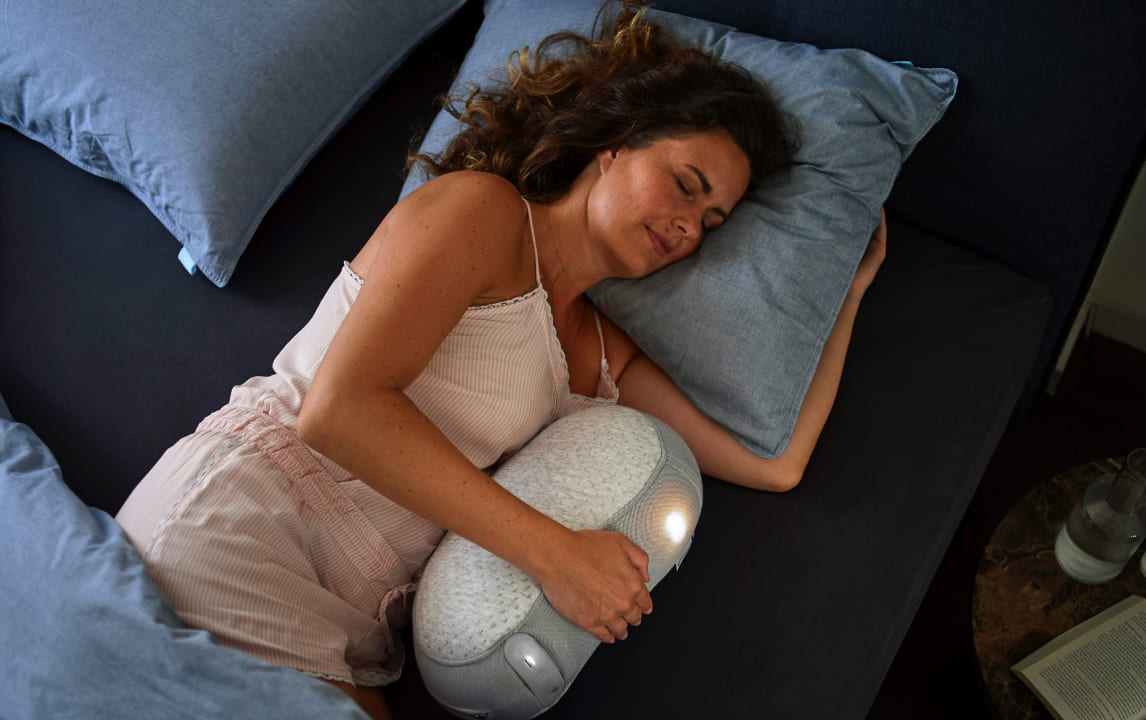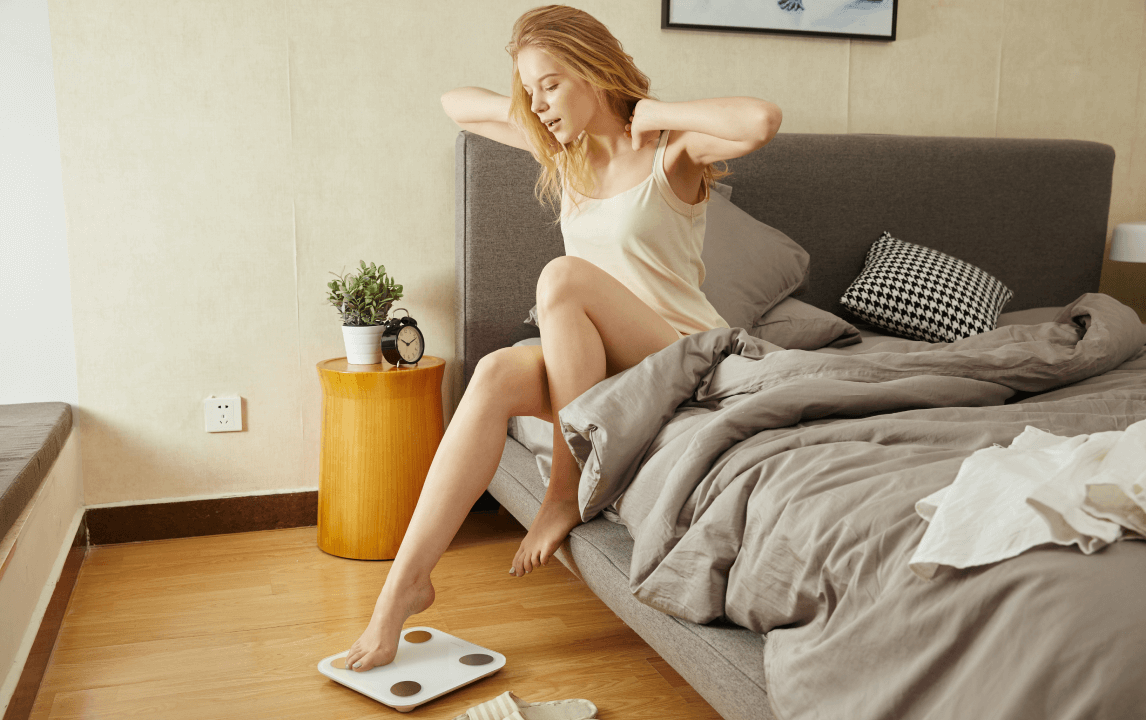*As an Amazon Associate I earn from qualifying purchases. This post contains affiliate links. If you want to buy sth related to health, lifestyle, daily necessities, you can get products at:https://amzn.to/4b4NAiT
On a sad night, you might wonder how to sleep when you’re upset. If the psychological distress caused by a traumatic event, such as a failure, a breakup, and other objective events, it is normal to be sad and unable to sleep, as long as it does not last longer than the normal period of time (two months).
Sad emotions are often a mixture of several emotions, mainly sadness, may also be mixed with anger, chagrin, remorse and other emotions, try to express these emotions, with relatives and friends, or through the recording text to express the emotions. If you can’t sleep, you can use the Mintal Tracker. It can help you fall asleep through exercise, meditation, relaxation training, and other methods. If it is serious, you can ask your doctor about taking some sleep AIDS

Four Ways to Teach You How to Sleep When You’re Upset
1. How to sleep when you’re upset:Keep a consistent sleep cycle.
Avoid erratic sleep schedules where you go to bed at different times each night. You are more likely to feel rested if you begin to unwind and prepare for bed around the same time each day.
Keeping your sleep pattern consistent will help to avoid the feelings of sluggishness, lethargy, and fatigue that are commonly associated with depression.
Most adults need an average of 8 hours of sleep each night to feel rested. Teens need an average of 9 hours. Keep your sleep cycle consistent even on the weekends.
2. How to sleep when you’re upset:relax
Create a pre-bedtime routine that helps you unwind. Allow yourself time to “unwind” before bed. Plan for about an hour between the time you start to get ready for bed, until your head hits the pillow. Don’t start activities that are stressful, or make you anxious, right before you get ready for bed. This is your time to get relaxed.
Having time to “unwind” will help to release negative thoughts, and prepare you for positive sleeping. If you haven’t allowed yourself time to unwind, your depressive thoughts may linger when you are trying to fall asleep.
Limit time on the computer or cell phone, or watching TV, right before heading to bed. These devices emit something called blue light, which suppresses melatonin production (the hormone that makes you sleepy). In addition, the use of these devices can be stimulating in other ways — you may get sucked into looking at social media or they may remind you of stressful events, particularly if you’re watching the news. If you watch anything, keep it positive and inspiring right before bed.

3. How to sleep when you’re upset:Control environment
Control your environment as a way to declutter the brain. Depression may feel like it immobilizes you. Reduce these feelings of being overwhelmed by making your bedroom a sanctuary of sleep. Avoid cluttering your room with lots of dirty clothes, loose papers, stacks of books, piles of equipment, or other disorganized things. Here are some ways to make the bedroom more ideal for sleep:
Use a white noise machine or fan to drown out external noises, both outside of the room and the home.
Make sure the room is dark by using heavy curtains or blinds or using a sleep mask.
Make sure your bed is comfortable. Find spots or positions that feel more relaxing if possible.
Consider using a body pillow to support your legs, hips, and shoulders. This may lead to better sleep, and ease feelings of loneliness.
Keep the room at a comfortable temperature that is well-ventilated.
4.How to sleep when you’re upset:Distract
Get out of bed if you’re restless. Depression may make your mind and body feel restless. If it is the middle of the night, and you have awoken and can’t get back to sleep, then go into another room and do something else (nothing that may be too stimulating) until you feel sleepy again. Consider these activities:
Read a book, newspaper, or magazine article that is not too engaging.
Do a chore, like washing dishes, folding clothes, or putting away something.
Get a drink of water.
Pet you animals if you have any.
Watch TV with the volume low.









